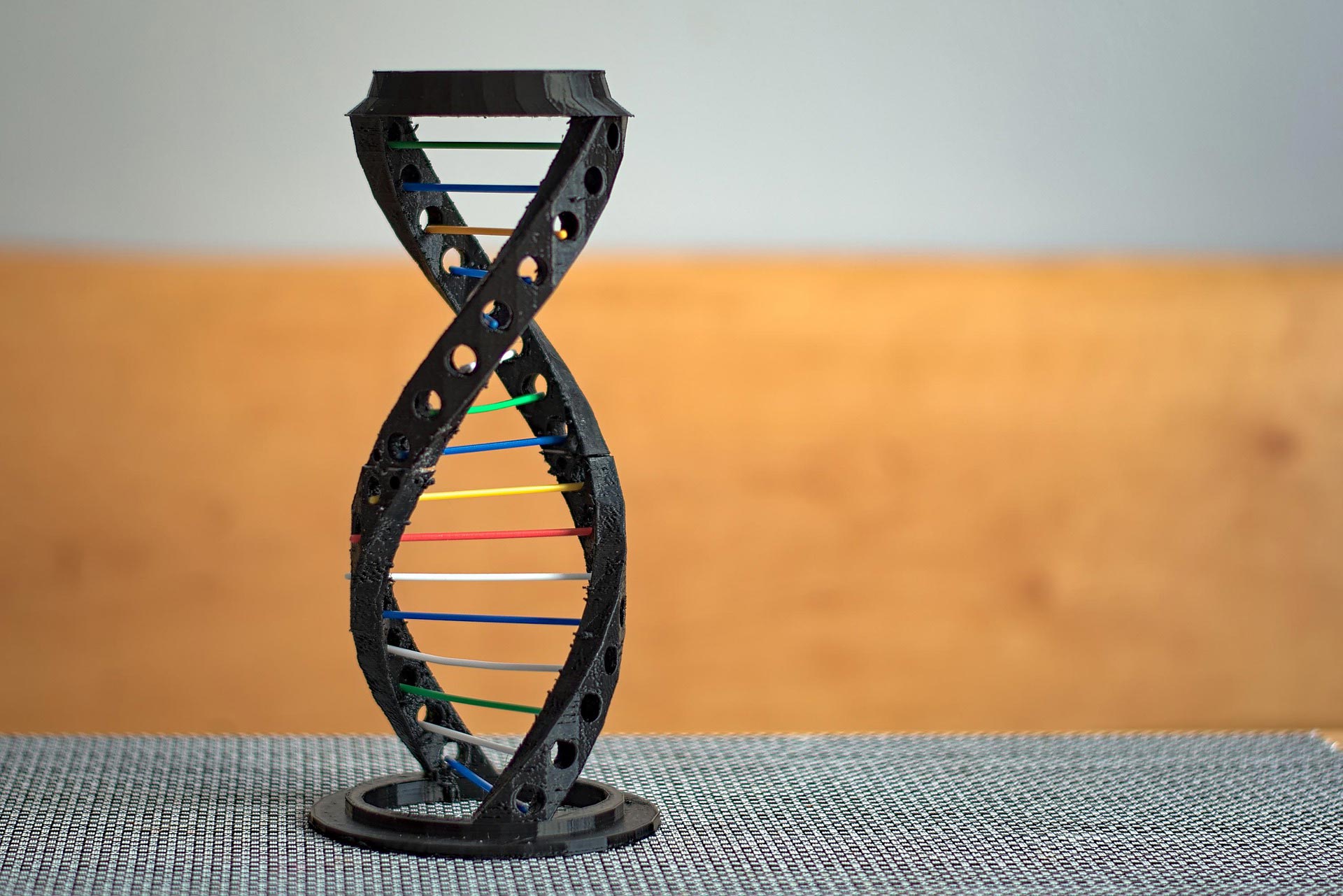A lot of progress has been made in mapping the human genome, gleaning information from our own DNA and our ancestors’. However, it is important to keep in perspective the reality of our health and well-being versus what our genetics predict.
Genetics and genetic history can inform healthcare providers about a person’s current condition. For example, if someone is exhibiting the characteristics of a manic episode associated with bipolar disorder, it is relevant that they also have a family history of bipolar disorder. However, this does not mean that if your family history includes bipolar disorder you are guaranteed to receive the same diagnosis.
Studies that show a correlation between mental health disorders and genetic information only account for a small risk for mental illnesses like bipolar disorder, major depression, autism, schizophrenia, and ADHD. It is easy to get wrapped up in the possibility of having a disorder or condition that could cause suffering, but the state of your body and mind now is the only thing you can tangibly address.
The field of DNA mapping opens up a lot of questions about how the information derived can be used and how much the medical community should rely on it to predict future populations. There is so much variability in the human experience and so much that is still unknown about human genetics that it is hard to come to one conclusion with any real certainty.
Being informed about your family’s medical history, your own genetics, and the potential for passing on traits is a precautionary step in taking care of your mental and physical health. Having the information is okay, but what you do with that information should be directed by a medical professional who has the expertise to interpret it correctly.







